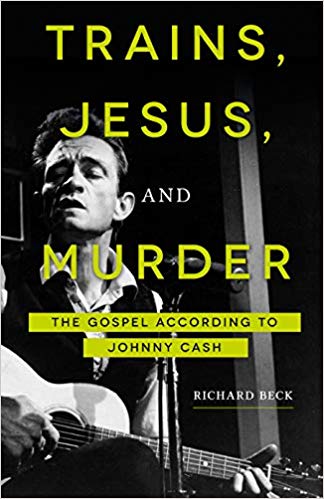I have written some earlier posts on lament. HERE and HERE Those posts were prompted by our grandson’s suicide and our subsequent struggle with grief. Lament has been on mind ever since and is now becoming more acute as we approach the one year anniversary (Dec 10) of Ryan’s death.
Recently, there have been two encounters which I think worthy of another post. The first was attendance at the Wilmore Anglican Church. My first Anglican worship experience, I was pleased and encouraged by a liturgy that recognized and provided space for lament. I have struggled with conceptualizing how such expressions can fit into my usual evangelical worship experience. I believe we can learn from the Anglicans. I wondered, as I listened to the prayers of the people, what that kind of opportunity would have meant for us in our grief as we worshipped the Sunday after Ryan’s death.
The second encounter came in my reading of Richard Beck’s recently released book: Trains, Jesus, and Murder: The Gospel according to Johnny Cash . I am enjoying the read and intend to post more about it later. But, particular to this post, Beck had some thoughts on lament that I find helpful and profoundly insightful. The following are excerpts from a longer commentary in the chapter “San Quentin”
We get to the good news of Easter Sunday only after crying out, “My God, my God, why have you forsaken me?”
Lament isn’t a failure or lack of faith. Lament is an act of bold, trusting faith in the midst of pain, suffering, and confusion. In fact, if we ignore lament, if we avoid giving voice to despair and rage, the gospel loses its ability to speak honestly, realistically, and truthfully. Without lament, faith grows naïve and superficial—a happy, fake, glossy façade we paint over the pain and confusion. In addition, lament is the cry of the oppressed, a song of resistance. When we avoid lament, we are marginalizing the voices crying out in pain around the world.
In sum, lament is the shadow of the gospel, the moon to the gospel’s sun. The bright hope of the gospel creates sharp, dark outlines of contrast around all that is unjust and broken. Lament is that gap separating the new heavens and the new earth from the shattered world we find around us. In pointing toward that gap, we are not failing or denying the gospel; instead, we are praying with tears and raw, cracked voices, “May your kingdom come, on earth as it is in heaven.”

Interesting and helpful in allowing us to feel your pain, George and Anne! We’re with you and want to learn from your experience!